Type 2 diabetes has become a major global health crisis, with the World Health Organization reporting alarming increases in prevalence. This chronic disease affects millions of people worldwide, making understanding its causes crucial for prevention and management.
Key Takeaways
- Global Health Crisis: Type 2 diabetes is increasingly prevalent worldwide, necessitating understanding for effective management.
- Key Causes: Major factors include poor diet, physical inactivity, obesity, and genetic predisposition.
- Prevention Strategies: Maintain a healthy weight, engage in regular exercise, and adopt balanced eating habits.
- Management Approach: Involves medical monitoring, lifestyle modifications, and regular health checkups.
- Complications: Uncontrolled diabetes can lead to heart disease, kidney failure, and other serious health issues.
- Myth Busting: Type 2 diabetes can affect anyone, and it is largely preventable through healthy lifestyle choices.
Understanding the Basics of Diabetes

Understanding how blood glucose levels become impaired is key to managing this condition. When your body either cannot produce enough insulin or cannot use it effectively, blood sugar levels rise, leading to diabetes.
Different Types of Diabetes
- Type 1 diabetes: An autoimmune condition where the body attacks insulin-producing cells
- Type 2 diabetes: A progressive condition involving insulin resistance and decreased insulin production
- Gestational diabetes: Occurs during pregnancy
The Rising Global Prevalence
According to the International Diabetes Federation, diabetes has reached epidemic proportions. The increasing global prevalence of Type 2 diabetes has prompted worldwide concern, with healthcare systems struggling to manage the growing burden of this chronic condition.
Primary Causes of Type 2 Diabetes
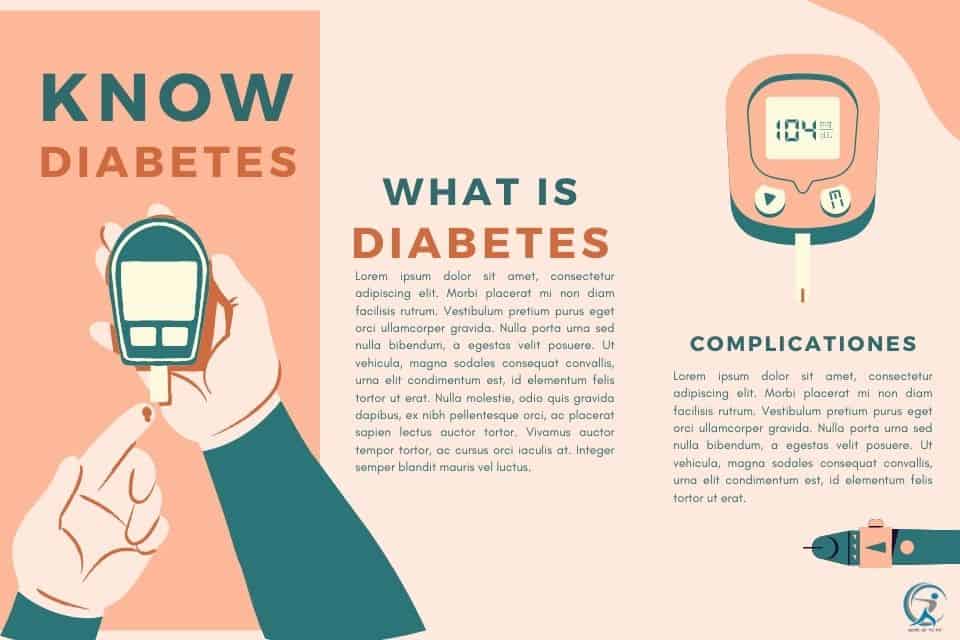
1. Lifestyle Factors
Several lifestyle choices significantly influence the development of Type 2 diabetes:
- Poor diet: Diets high in processed foods and sugar
- Physical inactivity: Sedentary lifestyle
- Obesity: Particularly excess weight around the midsection
- Stress: Can affect blood glucose levels and insulin sensitivity
2. Genetic and Biological Factors
While lifestyle plays a crucial role, genetic predisposition also contributes:
- Family history of diabetes
- Certain genes affecting insulin production
- Age (risk increases after 45)
- Ethnicity (some groups have higher risk)
Understanding Blood Sugar Regulation
When your blood glucose levels become impaired, it leads to diabetes. The pancreas produces insulin to regulate blood sugar, but in Type 2 diabetes, either:
- The body becomes resistant to insulin
- The pancreas doesn’t produce enough insulin
- Both conditions occur simultaneously
Risk Factors and Prevention
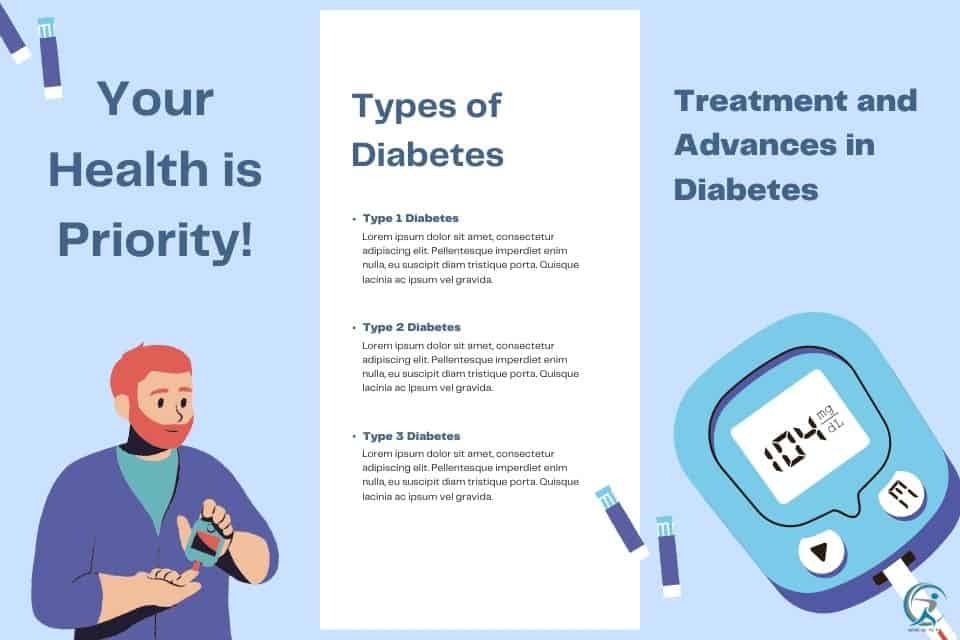
Major Risk Factors
Several factors increase the likelihood of developing Type 2 diabetes:
1. Lifestyle Factors
- Poor diet high in processed foods and sugar
- Physical inactivity
- Obesity
- Stress affecting blood sugar levels
2. Genetic and Biological Factors
- Family history
- Age over 45
- Ethnicity
- Lifestyle changes
Prevention Strategies
Disease control and prevention focus on modifiable risk factors:
- Maintain a Healthy Weight
- Follow a balanced diet
- Practice portion control
- Monitor cholesterol levels
- Regular Physical Activity
- Engage in daily exercise
- Include both cardio and strength training
- Make sustainable lifestyle changes
- Healthy Eating Habits
- Limit carbohydrate intake
- Choose whole foods over processed options
- Monitor sugar consumption
Making appropriate lifestyle changes is essential for both prevention and managing diabetes. This includes:
- Regular monitoring of blood glucose
- Balanced nutrition
- Regular exercise
- Weight management
- Stress reduction
Managing Type 2 Diabetes
Effective diabetes management requires a comprehensive approach:
1. Medical Management
- Regular monitoring of blood glucose levels
- Medication when prescribed
- Regular healthcare checkups
2. Lifestyle Modifications
- Consistent physical activity
- Proper nutrition
- Stress management
- Weight management
3. Regular Monitoring
- Blood sugar testing
- A1C levels
- Blood pressure
- Cholesterol levels
Complications and Long-term Effects
Uncontrolled diabetes can lead to serious complications:
- Heart disease
- Kidney failure
- Vision problems
- Nerve damage
- Higher risk of infections
- Greater risk of mortality
The Role of Healthcare Providers
Healthcare professionals play a crucial role in:
- Early diagnosis
- Treatment planning
- Patient education
- Monitoring complications
- Adjusting management strategies
Prevention Through Awareness
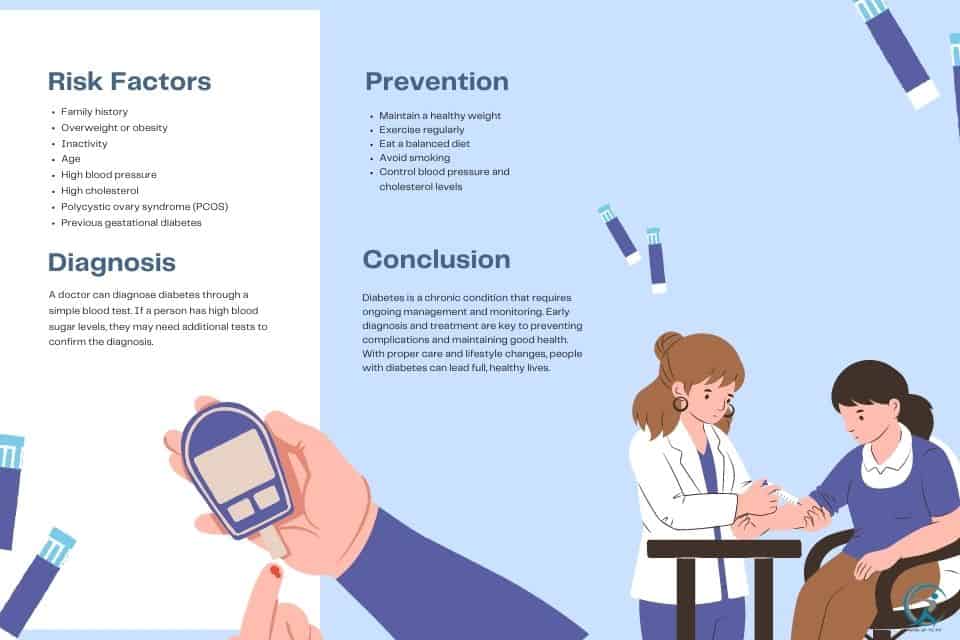
Increasing awareness about Type 2 diabetes is crucial for:
- Early detection
- Risk reduction
- Better management
- Improved outcomes
- Prevention of complications
Common Misconceptions
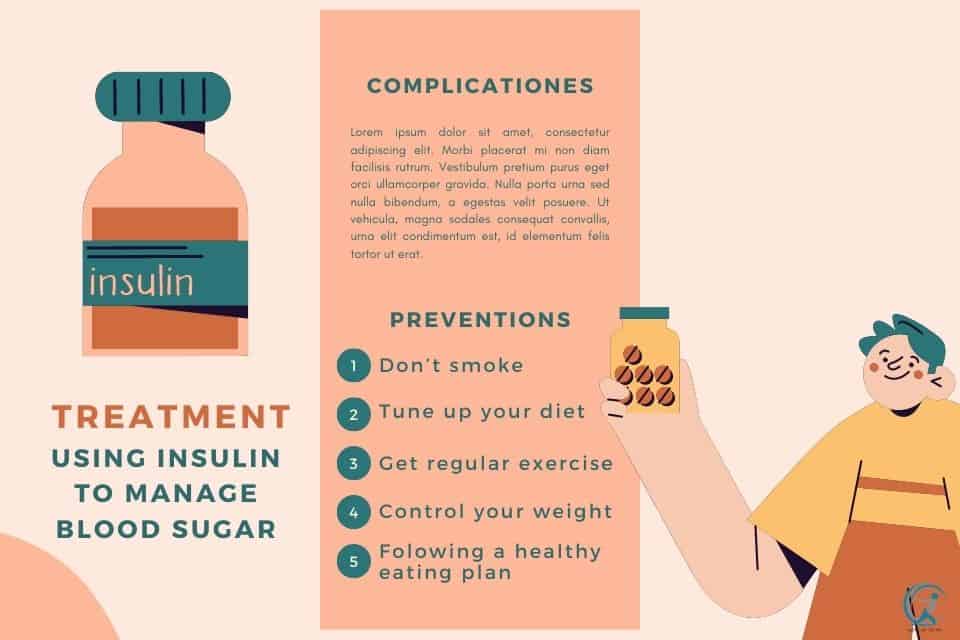
Several myths about Type 2 diabetes need addressing:
- Only overweight people get diabetes
- Eating sugar directly causes diabetes
- Diabetes is not serious
- Once you have diabetes, you can’t prevent complications
Future Directions in Diabetes Care
Research continues to advance our understanding of:
- Genetic mutations affecting diabetes risk
- New treatment approaches
- Prevention strategies
- Better management tools
- Improved medications
Living with Type 2 Diabetes
Successfully managing diabetes requires:
- Regular monitoring
- Medication adherence
- Lifestyle modifications
- Support system
- Regular medical checkups
Conclusion
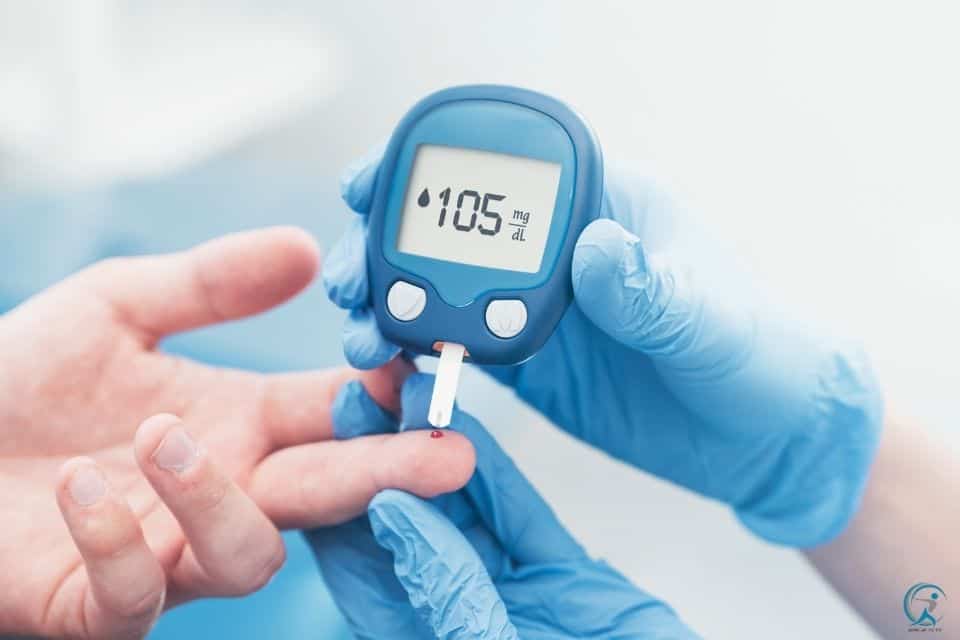
Type 2 diabetes represents a significant global health challenge, but understanding its causes and risk factors enables better prevention and management. Through proper education, lifestyle changes, and medical management, people with diabetes can lead healthy, fulfilling lives. The key lies in early intervention, consistent management, and ongoing support from healthcare providers.
References
- World Health Organization. (2020). Diabetes. Retrieved from who.int
- Centers for Disease Control and Prevention. (2022). What Causes Type 2 Diabetes. Retrieved from cdc.gov
- International Diabetes Federation. (2021). Type 2 Diabetes. Retrieved from idf.org
- Mayo Clinic. (2021). Type 2 Diabetes – Symptoms and Causes. Retrieved from mayoclinic.org
FAQs
What are the main causes of Type 2 diabetes?The main causes include insulin resistance, obesity, physical inactivity, poor diet, genetics, and age.
Can stress contribute to diabetes?While stress does not directly cause diabetes, it can affect blood sugar levels and increase the risk of developing Type 2 diabetes.
Does eating too much sugar cause diabetes?Eating too much sugar alone does not directly cause diabetes. However, a diet high in sugar can contribute to weight gain and obesity, which are risk factors.
Is diabetes hereditary?There is a genetic component to diabetes, but it is not solely determined by genes. Lifestyle factors also play a significant role.
Can diabetes be prevented?While Type 1 diabetes cannot be prevented, Type 2 diabetes can often be prevented or delayed by maintaining a healthy weight, being physically active, and following a balanced diet.
Remember:
While Type 2 diabetes is a serious chronic condition, it’s largely preventable through healthy lifestyle choices. Understanding the causes and risk factors helps in making informed decisions about your health.
Regular monitoring and maintaining a healthy lifestyle are crucial for both prevention and management.
As a veteran fitness technology innovator and the founder of GearUpToFit.com, Alex Papaioannou stands at the intersection of health science and artificial intelligence. With over a decade of specialized experience in digital wellness solutions, he’s transforming how people approach their fitness journey through data-driven methodologies.
